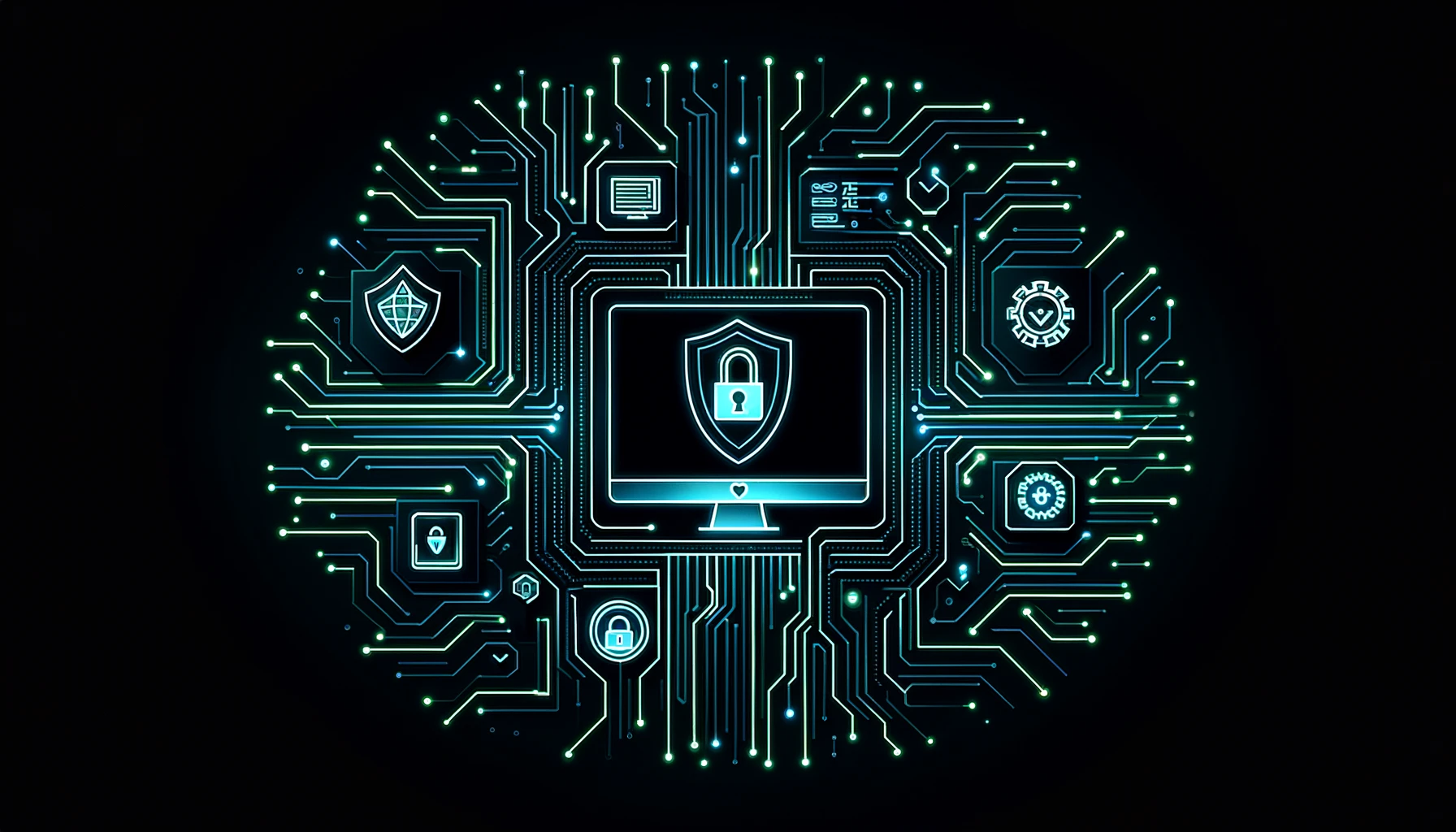Firewall
Firewall
A firewall is an important part of keeping your network secure. It acts like a barrier between your trusted network and outside networks, like the internet. A firewall decides which traffic can pass through and which should be blocked, based on specific security rules. Firewalls protect computers, networks, and data from unauthorized access, such as hackers and malware. You can have a hardware firewall as part of your router or a software firewall installed on your computer. Both types are essential for protecting personal and business data.
If you want to make your network even safer, consider additional tools like penetration testing services and social engineering protection.
Key Points
- Definition: Firewalls control access between networks by filtering traffic based on security rules.
- Types: Hardware, software, and cloud-based firewalls each have specific uses.
- Function: Firewalls stop unauthorized access and help prevent cyberattacks.
- Placement: Firewalls can be placed at the network edge or within internal segments.
- Key Features: Firewalls use techniques like packet filtering, stateful inspection, and access control lists.
Related Terms
Types of Firewalls
1. Hardware Firewalls: These are physical devices often used in businesses or data centers. They sit between the internet and your network, filtering traffic before it reaches internal systems. Hardware firewalls are ideal for managing large amounts of traffic and providing a strong security layer at the network perimeter.
2. Software Firewalls: Installed on individual computers or servers, software firewalls add security for personal devices or smaller networks. They are flexible and can be customized based on user needs. For those working remotely or handling sensitive data, cloud-based firewalls can also be highly effective.
3. Cloud Firewalls: These virtual firewalls are hosted in the cloud, making them particularly useful for securing cloud-based systems and infrastructure. Cloud firewalls offer scalability and flexibility, perfect for businesses relying on cloud platforms.
How Do Firewalls Work?
Firewalls work by inspecting the data that tries to enter or leave your network. They use specific rules to decide if the data is safe and should be allowed.
- Packet Filtering: Examines each data packet against a list of rules. If a packet matches an allowed rule, it passes through; if not, it is blocked.
- Stateful Inspection: Tracks active connections and examines the header and state of packets. This ensures traffic fits the expected pattern for active sessions.
- Deep Packet Inspection (DPI): Looks deeper into the data within each packet, not just the headers. This helps identify more complex threats, like malware or unusual behavior.
Key Features of Firewalls
- Access Control Lists (ACLs): These lists define rules that allow or block traffic based on factors like IP addresses and ports.
- VPN Support: Many firewalls include support for Virtual Private Networks (VPNs) to allow secure remote access to internal networks.
- Intrusion Detection and Prevention: Firewalls can also include IDS and IPS features to automatically detect and block suspicious activities.
- Logging and Monitoring: Firewalls keep detailed logs of network activity. These logs are crucial for identifying threats and ensuring compliance with security standards.
FAQ
A firewall checks incoming and outgoing network traffic based on predefined security rules and blocks or allows data packets accordingly.
Yes, there are different types, including packet filters, stateful inspection, and proxy firewalls, each taking different approaches to security.
While firewalls are an important part, they should be part of a wider security strategy that includes other measures.




































